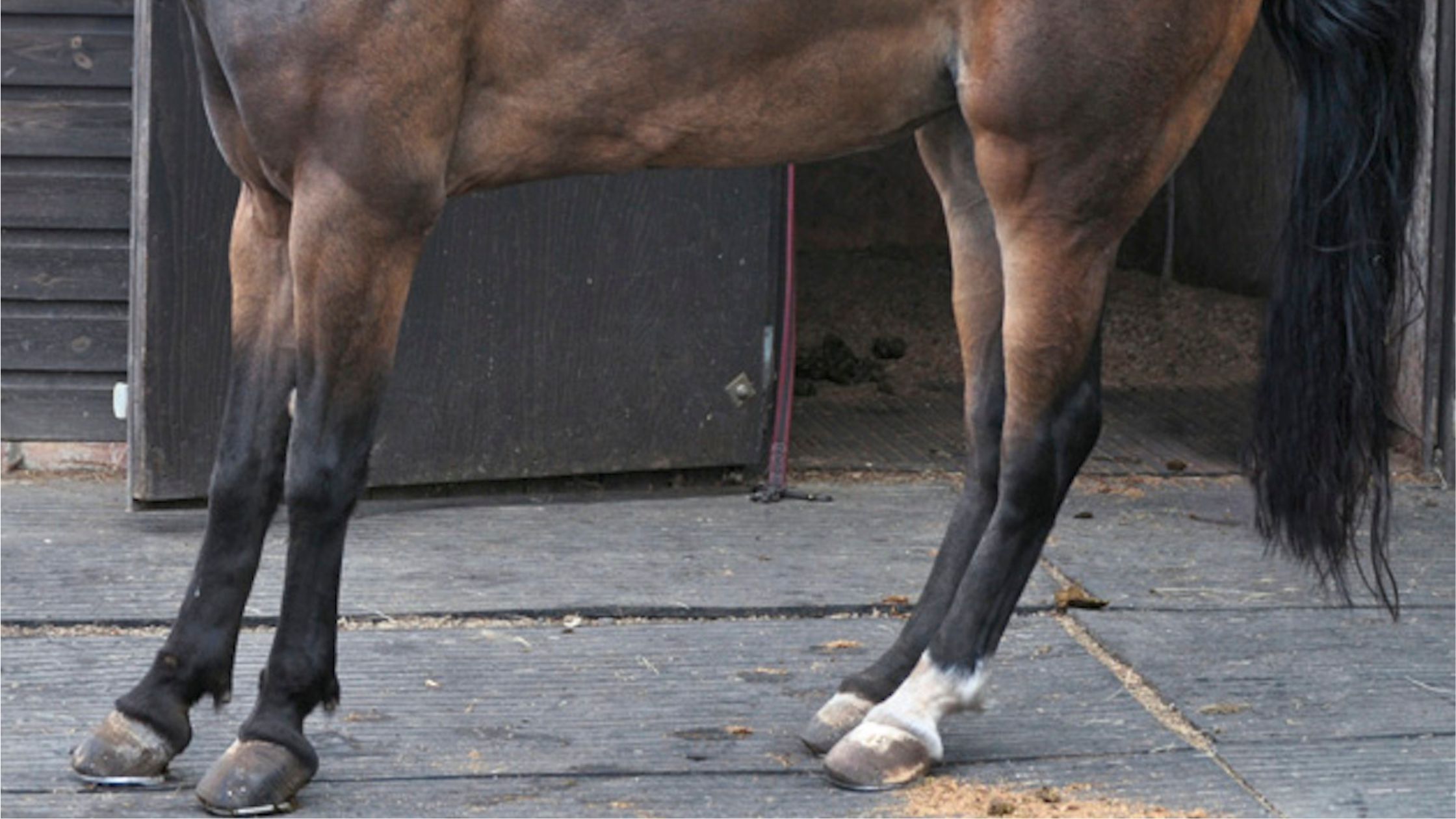Equine Dentistry
Justin Phillips2023-06-01T16:19:42+00:00Dentistry Horses have hypsodont dentition which mean their teeth have very long roots which erupt continually throughout their lives, an adaptation required because they wear their teeth down through continual grazing. Their teeth have a different structure to human teeth, they are composed of an irregularly formed laminate of different tissues (dentin, cementum and [...]




